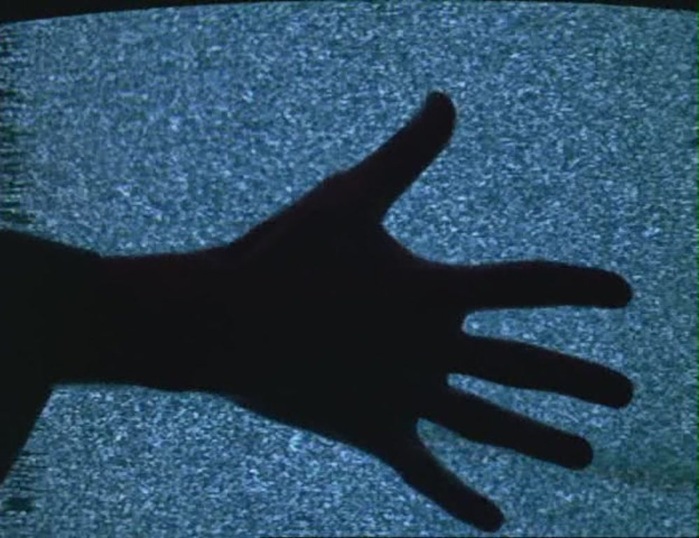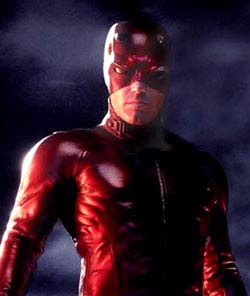
Tom Gunning, a well known movie-writer, coined the term Cinema of Attraction in an essay he wrote in the 80's. Gunning states that cinema started as cinema of attraction used to showcase the film as a medium. The movies was used almost as a carny show, exhibiting strong men and bearded ladies. In this way the moviemaker showed off moving pictures and also appealed to the instinct of sensationalism. The trend in Hollywood the last ten years has been aimed at appealing to these instincts. The Saw and The Hostel movies in addition to a horde of modern horror movies are just some examples. In Europe this has manifested itself differently. Moviemakers such as Michael Haneke, Gaspar Noe and Ulrich Seidl use extreme violence or explicit sexual content, but instead of the glossy glorifying approach of Saw and The Hostel, these filmmakers draw a more complex and darker picture. Haneke uses long takes, a distant camera and deeply pessimistic stories of the human psychè to give the movie's violent sequences meaning outside of just being shocking.

Though I have not seen Lars Von Trier's Antichrist, it seems like he has "jumped the bandwagon", though this could be just a hasty conclusion since I have not seen the movie. I think it's important to make movies that have impact on people, that shocks them. It has a confrontal quality which few other mediums share. Also, the ruckus surrounding Antichrist is in a way good publicity for the movie as a medium. That movies still can create controversy and being talked about all through the world is in my opinion important. But Von Trier has in a way jumped the bandwagon. In the past, Von Trier always made highly original movies that were not occupied with trends (like Dancer in the Dark , Dogville and The Idiots). Of course, I have not seen Antichrist and this is just based on the controversy surrounding the movie, but it seems like he's taken shortcuts, instead of making highly original movies. I hope I'm wrong here, and that Antichrist is the deeply disturbing piece of art I want it to be. I ultimately find Von Trier a fascinating public person and an interesting filmmaker. Cinema needs controversial figures and themes in order to remain important as a medium and I am looking forward to seeing Antichrist. I hope it doesn't disappoint me...




















